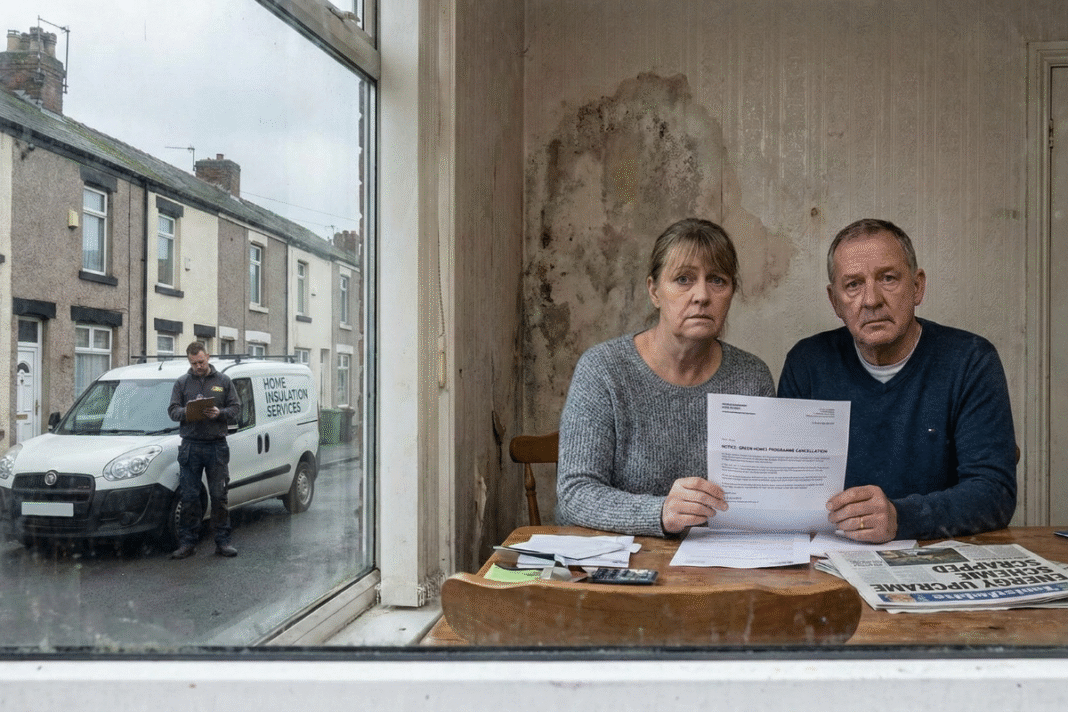A £6.5bn programme to upgrade some of Britain’s dampest and least energy-efficient homes has been scrapped, removing support for hundreds of thousands of low-income households and creating a funding cliff edge for thousands of small contractors.
The decision, announced in the Budget fine detail this week, ends the Energy Company Obligation (ECO) scheme, which has been financed through green levies on energy bills.
The cut removes roughly £48 a year per household from bills – a benefit that will extend to the richest households – but withdraws targeted funding for the poorest 1% of homes currently receiving ECO support.
Ministers have also increased public spending by eliminating a scheme previously paid for by energy suppliers.
THOUSANDS OF JOBS AT RISK
The move risks severe disruption across the UK’s retrofit supply chain. SMEs that install insulation, ventilation systems and solar panels rely on ECO to provide continuity of work; sector leaders warn that thousands of jobs and around £1.3bn of annual energy-efficiency investment are now at risk.
Housing bodies are calling for a one-year extension to avoid a “chaotic implosion” of capacity.
ECO has been upgrading about 5,000 homes a month – more than 58,000 annually – and was forecast to deliver £6.5bn of investment over this parliament.
Its closure removes around £5bn of future retrofit funding, leaving no like-for-like replacement and creating an estimated 222,000-home shortfall before the Warm Homes Plan, a new publicly funded scheme, is operational.
SUPPORT STRIPPED

Chancellor Rachel Reeves said she wanted to help families struggling with cold, inefficient homes but critics argue the cut is “regressive”, delivering a modest bill reduction while stripping support from households earning under £31,000.
The Warm Homes Plan was due to begin in April but has been delayed; folding ECO into the new system now leaves a gap with no confirmed delivery mechanism.
Anna Moore, the former McKinsey construction lead who now runs retrofit firm Domna, said the sudden removal of private-sector ECO funding had created a “cliff edge” that threatens jobs and undermines progress on fuel poverty.

She is urging ministers to ring-fence funding for low-income homes and extend ECO for 12 months to ensure an orderly transition.
Joel Pearson, director at Net Zero Renewables in Newcastle, said his firm had helped lift more than 200 households out of fuel poverty through ECO and warned that the sector “urgently needs” transitional support.
And Lee Rix, managing director at Eco Approach, said ending ECO4 without a replacement “risks leaving families abandoned and undermining the workforce that supports them.”









